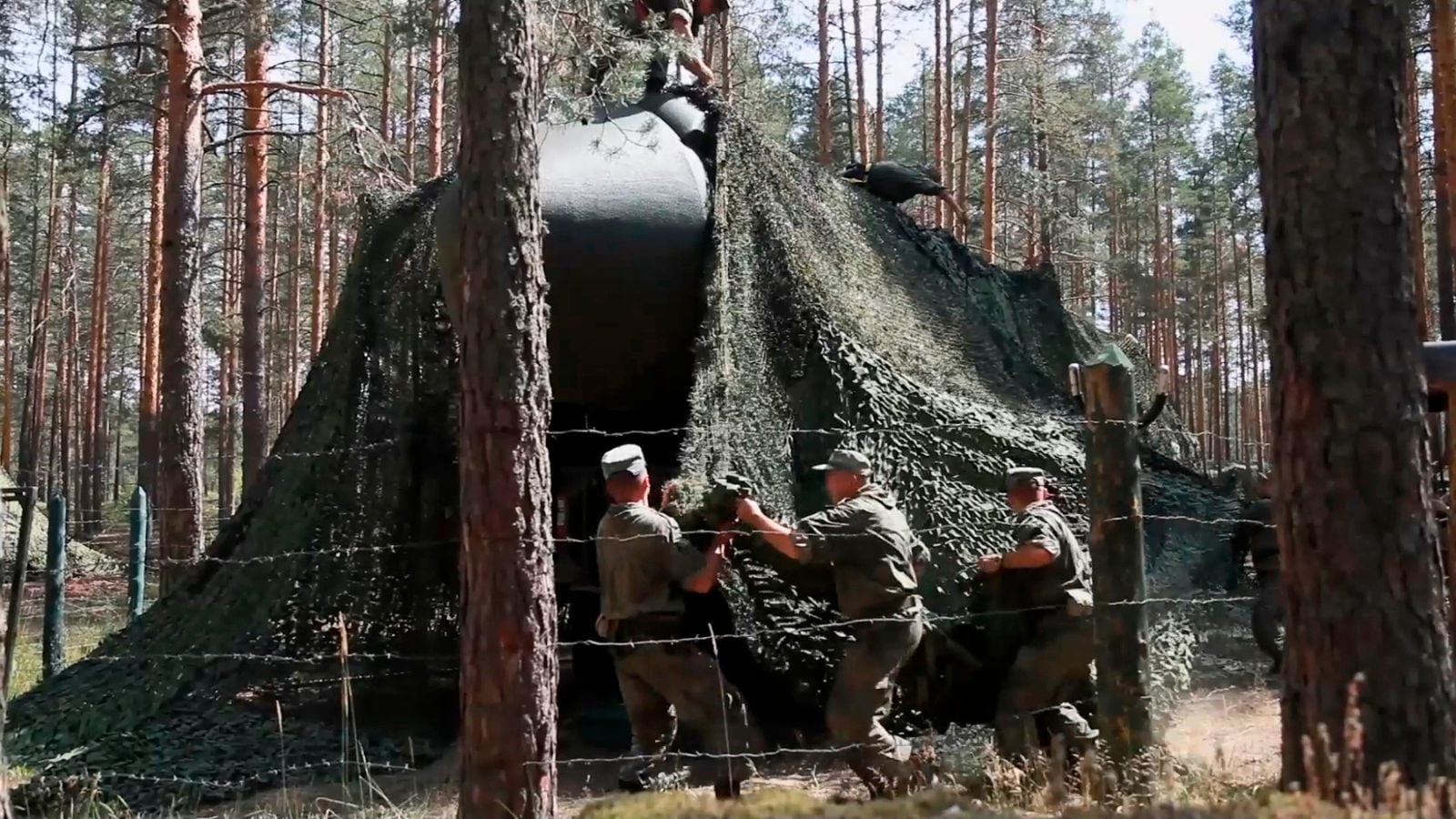When Nikita Khursa returned from the Ukrainian front with shrapnel lodged near his heart and a plastic bag filled with war-time payoffs, he believed he had finally earned a shot at a new life. He and his wife had planned to buy a flat. Instead, a night of drinking and a stop by Russian police ended with nearly all his savings gone. “Shut up, do you know how much money that is?” one officer barked as they took the cash, BBC reported.
Russian President Vladimir Putin promised Russia’s soldiers a hero’s welcome. Instead, many are being cheated, robbed, and forgotten — by the very system they fought for.
Since Russia’s full-scale invasion of Ukraine began in February 2022, Putin has tripled the size of the Russian army. To make that happen, the Kremlin offered generous pay packages to volunteers — a calculated move to entice young men from Russia’s poorer regions, even if it meant dying in battle.
The money, on paper, is considerable. A recruit can receive up to 5.2 million roubles (£47,000) in the first year of service, along with 4 million roubles for injuries. For many, especially those from towns like Khursa’s in Rostov — close to Ukraine and far from Russia’s elite wealth — the offer is simply too good to refuse.
Khursa, a 39-year-old welder, served just a few months on the front in the summer of 2024 before he was injured and sent home. That injury, severe enough to take him off the battlefield, also earned him a bonus payout. He and his wife Oksana had been hopeful: the money would finally let them buy a home.
But then came the fight.
After a drunken argument over his drinking, Khursa stormed out — barefoot, upset, and carrying their life savings in a plastic bag. In a haze, he decided to drive to Rostov and buy the apartment himself.
“If my wife had been wiser, she would have told me to sleep over it and decide in the morning,” he reflects, bitterly.
Story continues below this ad
He never made it far. He was stopped by traffic police who noticed the bag and demanded a bribe. Khursa told them he’d just returned from war.
“Let’s not do this, he’s just come back from the war,” he remembers one of them saying.
But the other officer, eyeing the cash, cut him off: “Shut up, do you know how much money that is?”
They took nearly everything — 2.66 million roubles (£24,000). Just like that, Khursa’s dreams were gone.
The betrayal wasn’t personal. It was systemic.
Story continues below this ad
Across Russia, returning soldiers have been targeted by scammers, corrupt police, and even their own commanders — all taking advantage of the flood of cash and the lack of oversight. Putin’s promises of honour, dignity and national gratitude have unraveled in stories of abuse, fraud, and theft.
“The new elite,” as Putin once called his returning veterans, are being treated like prey.
At Moscow’s airports, for example, police officers have allegedly tipped off taxi gangs about which passengers were returning from the front lines. These taxi drivers would quote a fair fare — then extort veterans for up to 15 times more after the ride.
Resisters were threatened. Some were allegedly drugged or intoxicated, their bank cards drained by the time they realised.
Story continues below this ad
Investigators estimate that one such group stole at least 1.5 million roubles from soldiers.
The corruption runs deeper.
In October 2024, three staff members at a military recruitment centre in the Vladimir region were arrested for stealing over 11 million roubles. Their method was crude but effective — they held on to the SIM cards tied to new recruits’ bank accounts, giving them direct access to salaries the soldiers hadn’t even seen yet.
In another region — Belgorod, on the Ukrainian border — a local official is suspected of linking new recruits’ bank accounts to his own phone number. He walked away with over a million roubles, while the recruits faced war without even knowing they’d been robbed.
Even within military units, danger doesn’t stop at the battlefield.
Story continues below this ad
One serviceman told the BBC that his entire unit was banned from visiting shops. Instead, their commanding officer — a sergeant major — ordered them to hand over their bank cards and PINs. The officer allegedly collected as many as 50 salary cards, including those of soldiers who are now listed as missing in action.
He fled with the money.
Some of the stolen cards reportedly had up to 2 million roubles on them.
Back in Saint Petersburg, Nikita Khursa waits in a hospital for a military doctor’s ruling. If deemed fit, he’ll be sent back to the front. Under current Russian law, contract soldiers are bound to serve until the war ends, unless declared unfit.
Khursa says he has shrapnel near his heart. But even if he’s discharged, he sees no way to survive in civilian life. He and Oksana have since separated.
Story continues below this ad
“I didn’t want to keep her tied down while I was in the military,” he says.
Still, he reported the two officers who robbed him. They were charged with robbery and abuse of power, but the case never reached court.
Why? Both officers signed up to fight in Ukraine, thus avoiding prosecution under a new law that allows criminal suspects to serve in the army instead of facing charges.
“At first I was angry,” Khursa told the BBC. “Then I thought, if there is a God, maybe this is how it should be.”
Story continues below this ad
He’s penniless, alone and awaiting orders. And yet, for Khursa and thousands like him, the war — or the army, at least — still feels like the only refuge.
“If I’m not here, I’ll end up on the street,” he says. “Only the army saves you, puts a roof over your head.”

